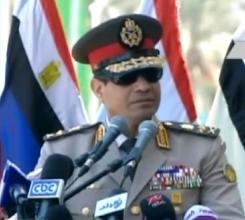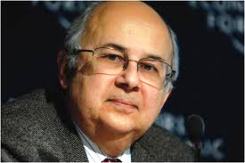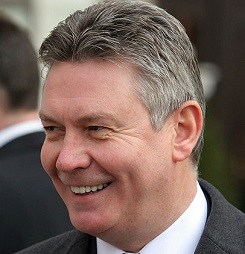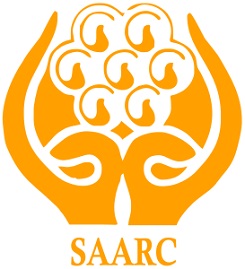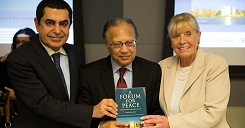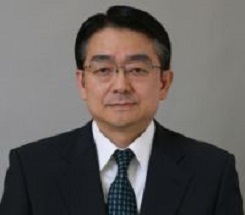By Kalinga Seneviratne* | IDN-InDepth NewsAnalysis
SINGAPORE (IDN) – “As a result of the financial crisis, the ability of individuals to exercise their human rights and that of States to fulfill their obligations to protect human rights has diminished,” noted Bat-Erdene Ayuush, Head of the Right to Development Section at the UN Human Rights Office speaking at a UN Human Rights Commission (UNHRC) panel discussion at last year.
But, at its 25th session from March 3 to 28 in Geneva, only two out of about 100 reports tabled, address the economic and development aspects of human rights. Almost all other reports address individual rights specific to countries, rather than collective rights of people.

